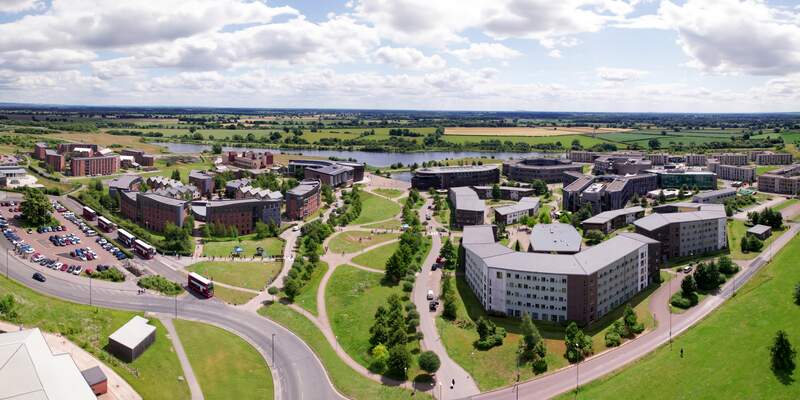The University of York is launching a landmark geothermal project on Campus East to reduce fossil fuel use on campus and spearhead York’s Net Zero ambitions.
The University has said that the “unique campus location”, which is situated above a site of significant geothermal potential, will “offer an unparalleled opportunity to integrate cutting-edge research with practical solutions.”
The initial three-year phase will focus on developing a sustainable heat source to supply the majority of the University’s buildings, significantly reducing its reliance on fossil fuels.
Building upon the initial heat generation phase, the six to seven year plan will delve into the potential for on-campus electricity generation and the expansion of heat capacity to benefit the wider York community.
The project is backed by £35 million in funding from the Public Sector Decarbonisation Scheme, which is run by the Department for Energy Security and Net Zero and delivered by Salix Finance Ltd.
The University of York is also contributing 12% of matched funding to the project.
This expansion aims to maximise the potential of geothermal energy, creating a sustainable energy hub that not only powers the University, but also contributes to the city’s energy needs and climate resilience.
The project is a part of the University of York’s 2030 Sustainability Plan, targeting a 78% reduction in fossil fuel consumption. The University has said that this ambitious goal will help to “significantly lower the University’s carbon footprint and play a pivotal role in York’s broader efforts to achieve its climate change vision.”
The Vice-Chancellor, Charlie Jeffery, said: “This geothermal project is more than just a sustainable energy initiative; it’s a living laboratory that will drive research, educate our students and benefit our community.
“The project’s location enables us to blend academic curiosity with practical application, providing learning opportunities for our students, all whilst contributing significantly to York’s Net Zero ambitions. The support from the Government is a vital catalyst for this transformative endeavour.”
Director of public sector decarbonisation at Salix, Ian Rodger, said: “This is an exciting and ambitious project which will significantly reduce the University’s carbon emissions and has the potential to be of even greater benefit for the city of York.”
York Central MP Rachael Maskell said: “I am pleased to support the University of York’s innovative geothermal energy project, which exemplifies the UK’s commitment to pioneering sustainable energy solutions.
“This project not only reduces carbon emissions, but also serves as a hub for research and education, fostering the next generation of renewable energy experts. Its community-focused approach will also contribute to York’s broader sustainability goals, creating a greener, more prosperous future for the city.”
Speaking on the size of the drilling rig, the University has said: “we anticipate using a rig with a maximum mast height of 55m. The rig will not be a permanent structure and will only be on site during the drilling phase of the project (around 1 year).”
The University has also said that they will put in place a noise-monitoring system, to ensure that noise is kept within permitted levels.
Assessment work has already been undertaken and the next stage is the planning process and regulatory approvals. A new Geothermal Project Board is being established, chaired by the Dean of Sciences, to manage and oversee its delivery
Later in 2025, geological surveys will be carried out to better understand the underground conditions. This includes a seismic survey, which would involve placing thousands of sensors in the ground and using a special machine that vibrates the surface to create a detailed 3D picture of the ground.
The University estimates that, if all goes to plan, “initial groundwork could begin in 2026, with drilling anticipated in 2027.”
Further details about the project can be found here:
